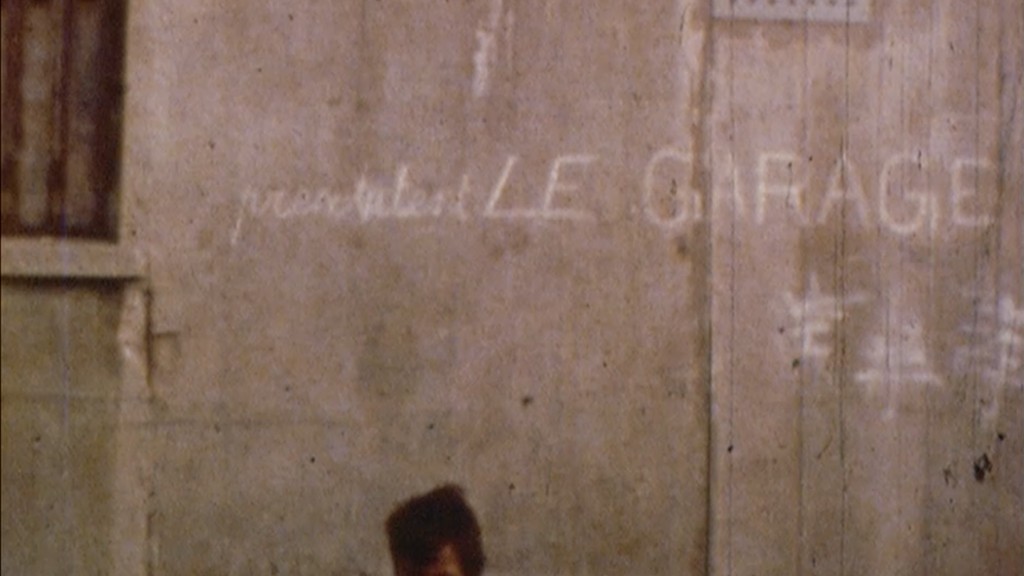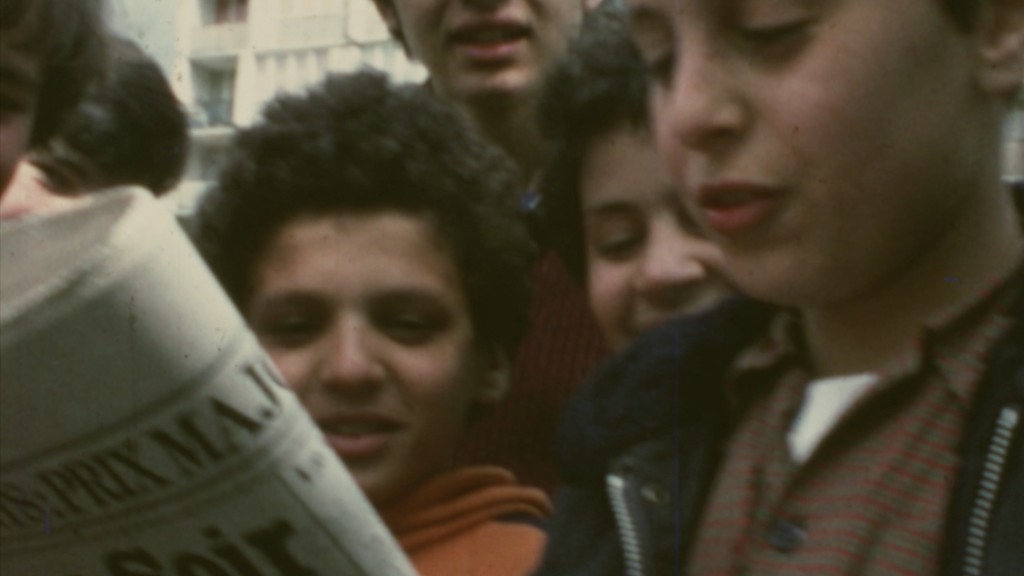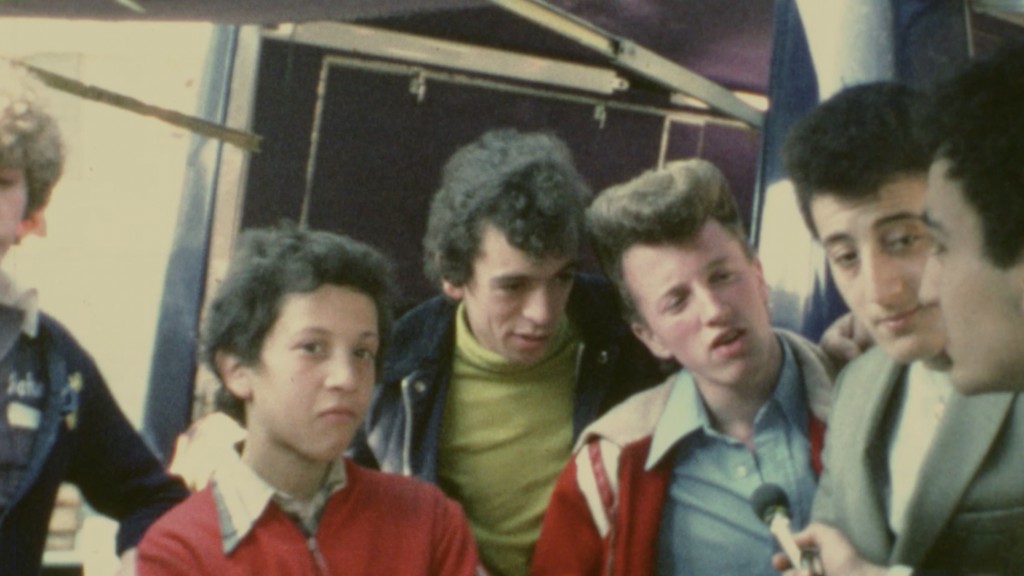- Program
- /
- Film Series
- /
- YA FRANÇA, YA FRANÇA
- /
- Le Collectif Mohamed
Le Collectif Mohamed
Followed by a talk with Brigitta Kuster
Le garage (The Garage)
Collectif Mohamed, France, 1979, 30 min, Original with English subtitles
Zone Immigrée (Immigration Zone)
Collectif Mohamed, France, 1980, 40 min, Original with English subtitles
Ils ont tué Kader (They Killed Kader)
Collectif Mohamed, France, 1980, 22 min, Original with English subtitles
Between 1977 and 1981, young teenagers from social housing in a suburb of Paris met and formed the Collective Mohamed, a group that attempted to appropriate cinematic tools (here Super 8, the primary amateur medium of the time). This project is born from their desire to film their own images, to tell their own stories, to produce their own imagination, to investigate the cities within which they live, to have fun, and finally, to produce a political discourse and give shape to their revolt.
They made rare, tumultuous and rebellious films which do not speak of neighborhoods as yet another acknowledgment of powerlessness but which emerge from within with the force of refusal. Their first film, Le garage (The Garage), refers to the opening of a self-managed space where they organized meetings, various educational activities, get-togethers and parties. Following the attack of a young person by a bus driver, they produced Zone Immigrée (Immigration Zone). The anger of the collective continues with Ils ont tué Kader (They Killed Kader) in front of the cameras of TF1 and Antenne 2 which arrive in the estate when Kader, 15, is murdered by the guardian of his social housing building.
Brigitta Kuster (Prof. Dr.) works on film research in the field of cultural studies with a focus on gender at the Institute for Cultural Studies of the Humboldt-University zu Berlin. She is also an artist, writer and cultural researcher. She studied at the Lucerne School of Art and Design (Switzerland) and the Academy of Fine Arts Vienna, where she received her PhD. Her main focus is on the fields of video/film and visual studies, as well as on postcolonial theory, migration and border studies.


